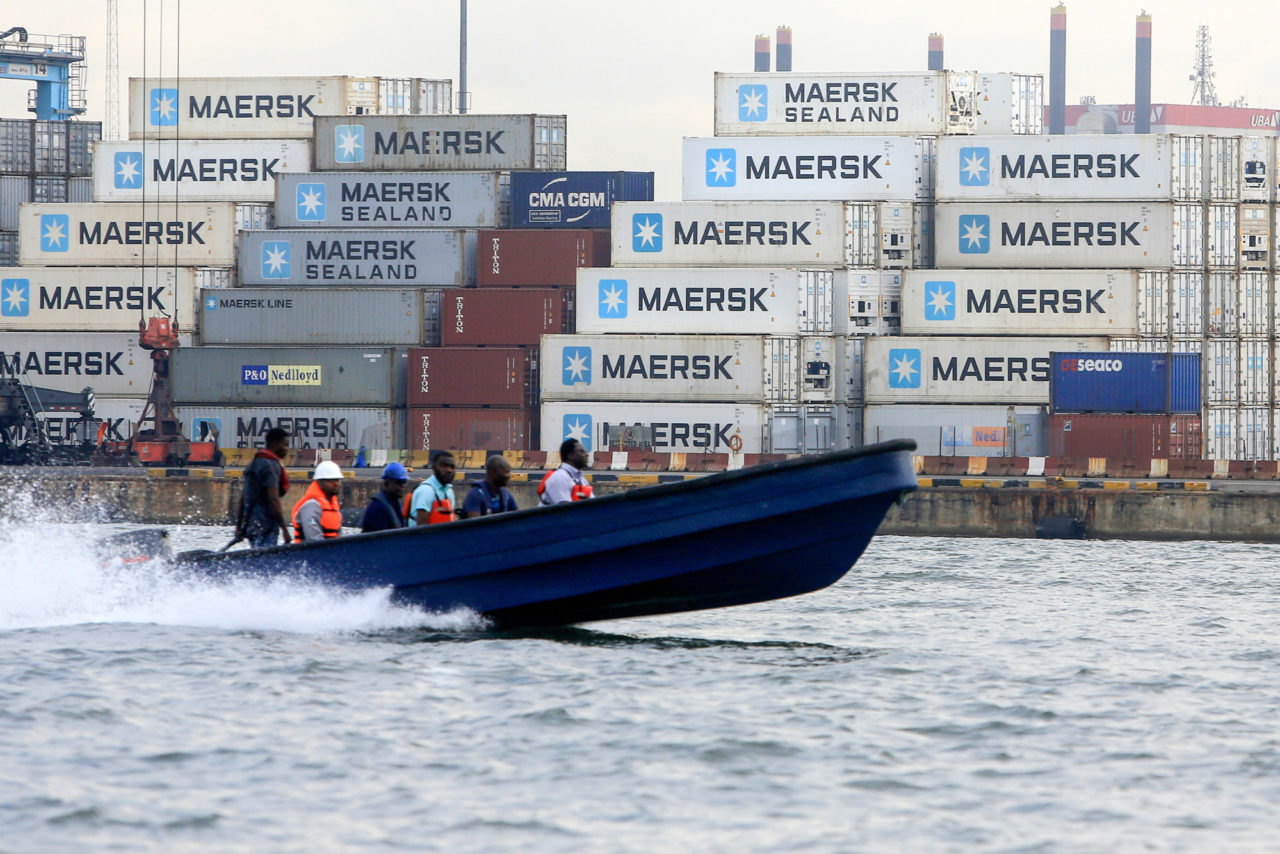
The Head of Marketing and Business Development, Africa Region of Maersk, Anita De Werd, has described Small and Medium sized Enterprises (SMEs), as the engine of innovation and job creation.
Speaking as a panelist during the opening session of the fifth edition of the Tony Elumelu Foundation Forum, in Abuja, De Werd said 95 per cent of all companies in the Organisation for Economic Co-operation and Development (OECD) economies are SMEs and they account for two-thirds of formal sector jobs, despite having much less access to the benefits of trade.
She said, “If we can empower small businesses in trade, we can help make economies more inclusive,” adding that the A.P. Moller-Maersk Group focuses on working through partnerships to empower entrepreneurs and SMEs through various partners such as the SheTrades initiative of the International Trade Centre (ITC).
She explained, “The purpose of SheTrades is to enable female entrepreneurs to access the benefits of trade, aiming to connect three million female entrepreneurs to markets by 2021. This encourages inclusion as well as benefitting business, as WEF research shows that closing the global economic gender gap could add 26% to the annual global GDP by 2025.
“Together with SheTrades, A.P. Moller-Maersk will help female entrepreneurs in developing countries engage in trade by sharing our expertise on transport and logistics with the female entrepreneurs.”
De Werd noted that the Copenhagen-headquartered shipping conglomerate is passionate about enabling trade for the benefit of the society and its customers.
“In 2014, Maersk followed a shipment of avocadoes from Kenya to the Netherlands. We found that this single shipment involved almost 30 different people or organisations and that it generated more than 200 different communication interactions resulting in unnecessary time and costs. This is just one shipment. We then asked ourselves how this cost and complexity impacts the entire trade picture.
“Maersk is the leading global integrator of container logistics. We handle about a fifth of global containerised trade. Our purpose as a company is to enable trade for the benefit of society and our customers. We know shipping and logistics like no other.
“We develop e-business tools to make booking a container shipment simpler. We have a partnership with IBM where we use blockchain technology to enable logistics to be more transparent. We are enabling true information sharing and collaboration across supply chains, thereby increasing industry innovation, reducing trade friction and ultimately promoting more global trade,” she added.
She also advocated open trade as an enabler of economic prosperity and growth, saying: “A.P. Moller-Maersk wants to be a cornerstone of an inclusive and sustainable global trading system that can help eradicate poverty, and deliver decent work for all, which are two of the Sustainable Development Goals agreed by the United Nations in 2015.”



